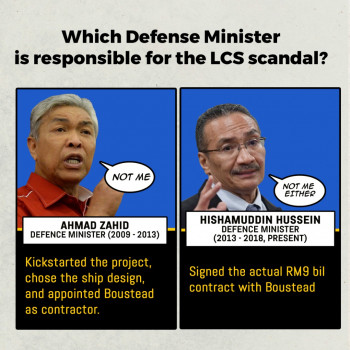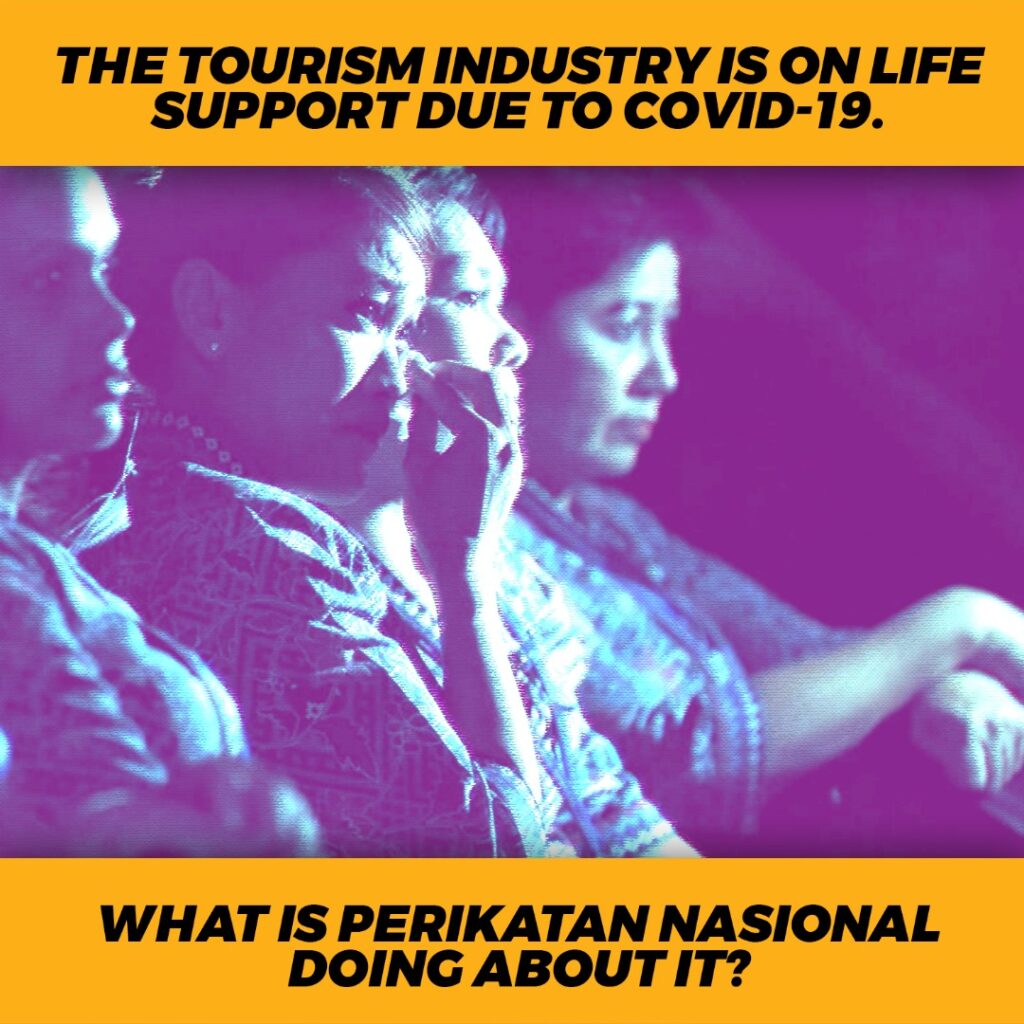
Following the decline in tourism due to the Covid-19 pandemic, the federal government should reflect on the reforms needed to change our local tourism sector and reformulate a series of development strategies for tourism in the new normal in the upcoming Budget 2021.
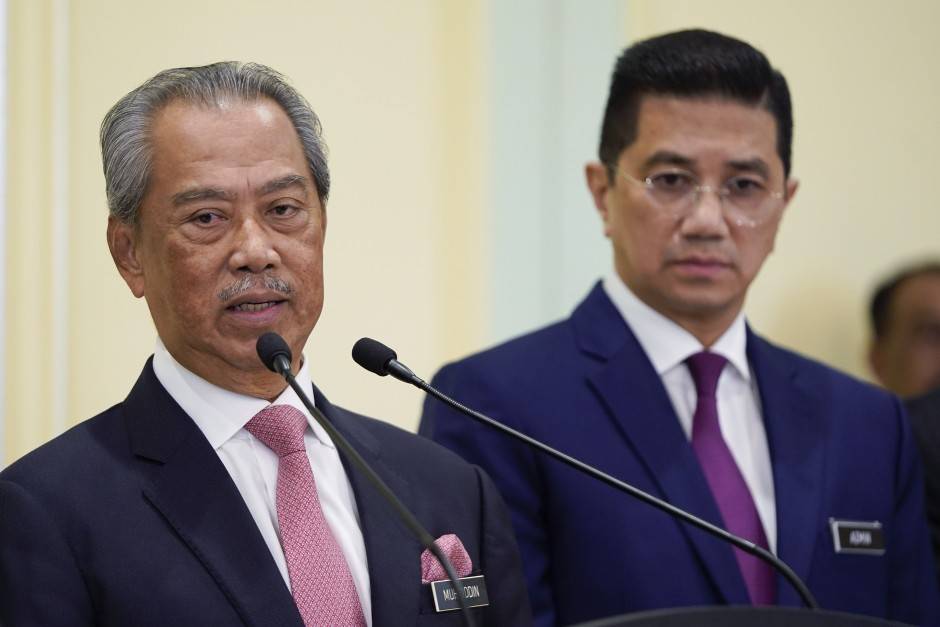
In order to control and prevent the spread of the Covid-19 virus, many countries have implemented policies that unavoidably brought about devastating impacts to the global economy, such as restricting the spread of the virus at all costs, implementing quarantine measures, encouraging citizens to stay at home, and conditionally restricting people from travelling, eating out, and joining industry exhibitions and gatherings.
Among all, tourism is one of the most affected industries due to the implementation of many unprecedented measures and policies by different counties.

The outbreak of the new Covid-19 wave led to the re-implementation of the Conditional Movement Control Order (CMCO) in regions such as Kuala Lumpur, Selangor and Sabah. This has inevitably brought about severe challenges to business and impacted the domestic tourism industry that had just experienced slight improvement.
Pahang Tourism, Arts and Culture Malaysia (MOTAC) Director, Datuk Idros Yahya also disclosed that the number of tourists who visited tourist attractions in Pahang including Cameron Highlands declined by as much as 60% during this period.
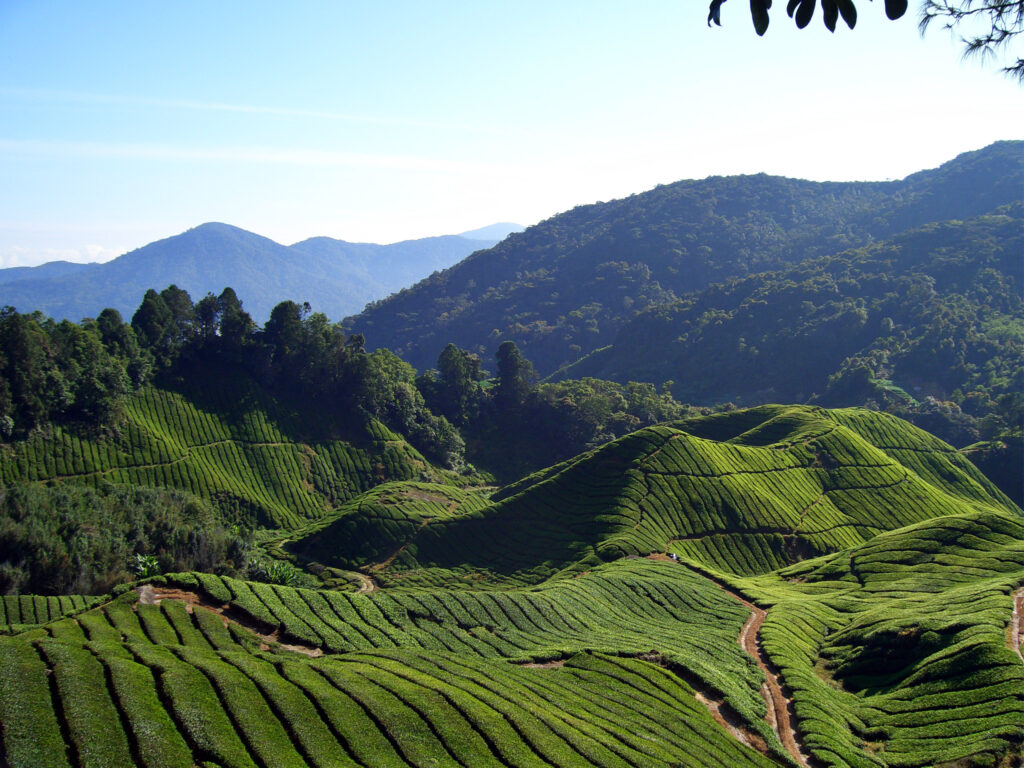
Although many governments around the world have gradually relaxed their travel restrictions and bans, it is believed that the overall tourism recovery will be a slow and long process due to continuing health and safety concerns as well as the outbreaks of the pandemic.
The government must realize that its earlier strategies to promote domestic tourism will not fundamentally solve the problems faced by the industry. At best, it acts as a lifeline for the tourism industry to survive in the short run. If the recovery from the pandemic is still far off, the tourism industry will inevitably be faced with huge losses.
Apart from spending money to stimulate the demand for domestic tourism, the government must also begin preparations with the tourism industry for the long recovery process by jointly formulating new regulations about health and safety, promoting technological innovations in tourism, as well as reshaping the tourism industry in order to ultimately strengthen and elevate the level of resilience of our tourism industry.
Although the pandemic has wrought heavy losses to the tourism sector, particularly the hotel and service industries, this “window period” is perhaps the most suitable time for the tourism industry to seize various opportunities created by the development of the digital economy, such as breaking traditional barriers, exploring new and innovative business models, as well as adopting Intelligent Automation (IA) and integrate data-driven decision-making (DDDM) in businesses to optimize operating costs.
We can make full use of modern technologies such as the internet, big data, and intelligentization to promote the development of smart tourism and smart tourism destinations (STD), while comprehensively elevating the level of services, marketing and management of tourist attractions.

Out of crisis comes opportunity. Even though the Covid-19 pandemic has caused devastating short-term impacts, various opportunities for market changes are actually developing within the tourism industry.
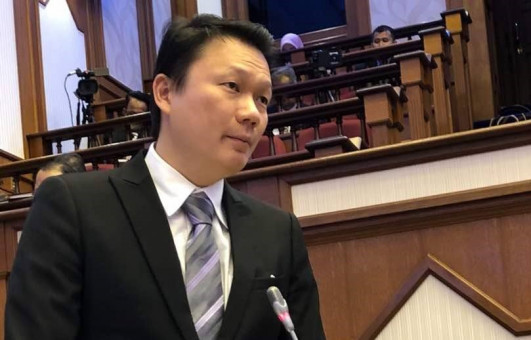
During these turbulent times, both the government and the tourism industry have to work together and be courageous to explore new ways, quest after innovative models and ultimately transform the industry in order to ride out the Covid-19 storm together.
Chiong Yoke Kong
DAPSY Deputy Chairman and Pahang Tanah Rata State Assemblyman



